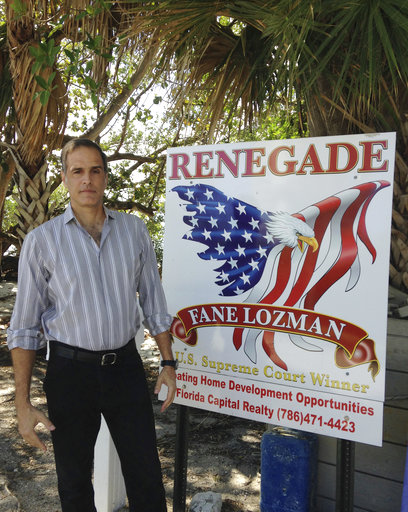Retaliatory arrests refer to arrests by law enforcement officials against persons in retaliation for those persons’ First Amendment free expression rights.
In other words, a retaliatory arrest is one in which a law enforcement officer arrests a person because he or she doesn’t like the person’s speech, rather than because the person actually committed a crime.
First Amendment prohibits government retaliation for protected expression
Generally speaking, the First Amendment prohibits government officials from retaliating against persons for exercising First Amendment freedoms. The challenge is for the impacted individual to establish a causal connection between the retaliatory arrest by the government and the individual’s protected speech.
This becomes even more complicated when the government official has probable cause to arrest the individual.
Probable cause will generally defeat retaliatory arrest claim
In Nieves v. Bartlett (2019), the U.S. Supreme Court explained that in the vast majority of cases, the existence of probable cause defeats an individual’s retaliatory arrest claim. The Court explained that “probable cause should generally defeat a retaliatory arrest claim.”
However, the Court created an exception for those cases in which the arrested individual can show that he or she was treated differently than a group of similarly situated individuals who did not engage in the same protected expression. Such a situation would tend to prove that perhaps the government official indeed arrested the person in retaliation for his or her protected speech.
Pattern of retaliation will help a First Amendment retaliatory arrest lawsuit
The Supreme Court created another exception in Lozman v. Riviera Beach, Florida (2018). If a plaintiff can show that a government official arrested him or her as part of an overall pattern or plan of retaliation, then the plaintiff also can proceed with a First Amendment retaliatory arrest lawsuit.
Though difficult to prove, retaliatory arrest claims are important because the government should not be able to chill expression and avoid legal consequences when the government arrests someone in retaliation for his or her protected expression.
David L. Hudson, Jr. is a law professor at Belmont who publishes widely on First Amendment topics. He is the author of a 12-lecture audio course on the First Amendment entitled Freedom of Speech: Understanding the First Amendment (Now You Know Media, 2018). He also is the author of many First Amendment books, including The First Amendment: Freedom of Speech (Thomson Reuters, 2012) and Freedom of Speech: Documents Decoded (ABC-CLIO, 2017). This article was originally published in 2019.

